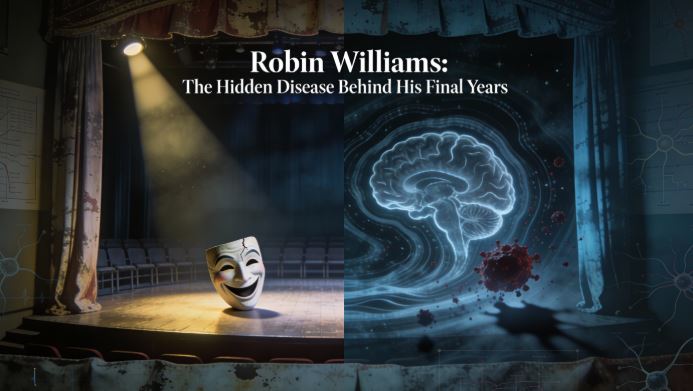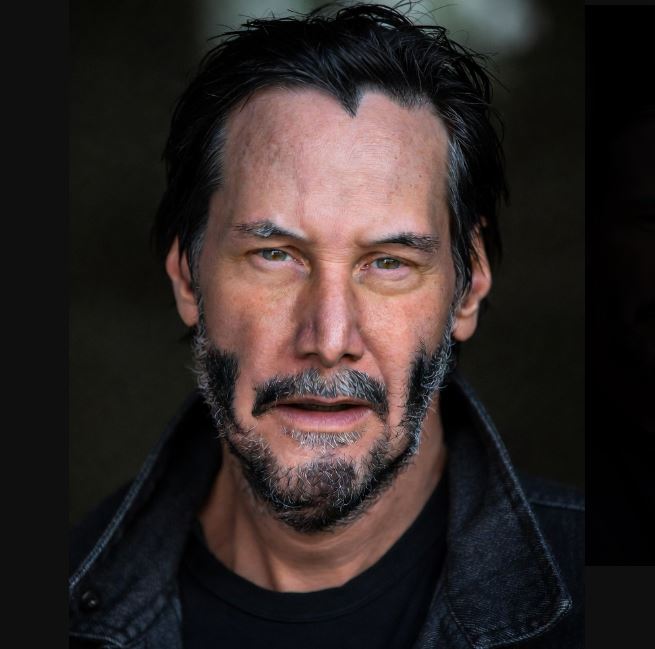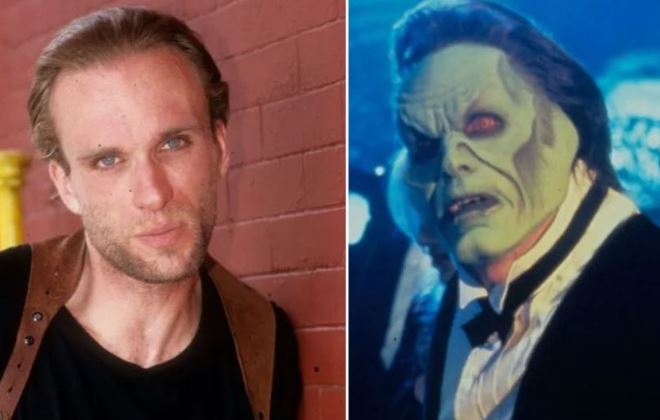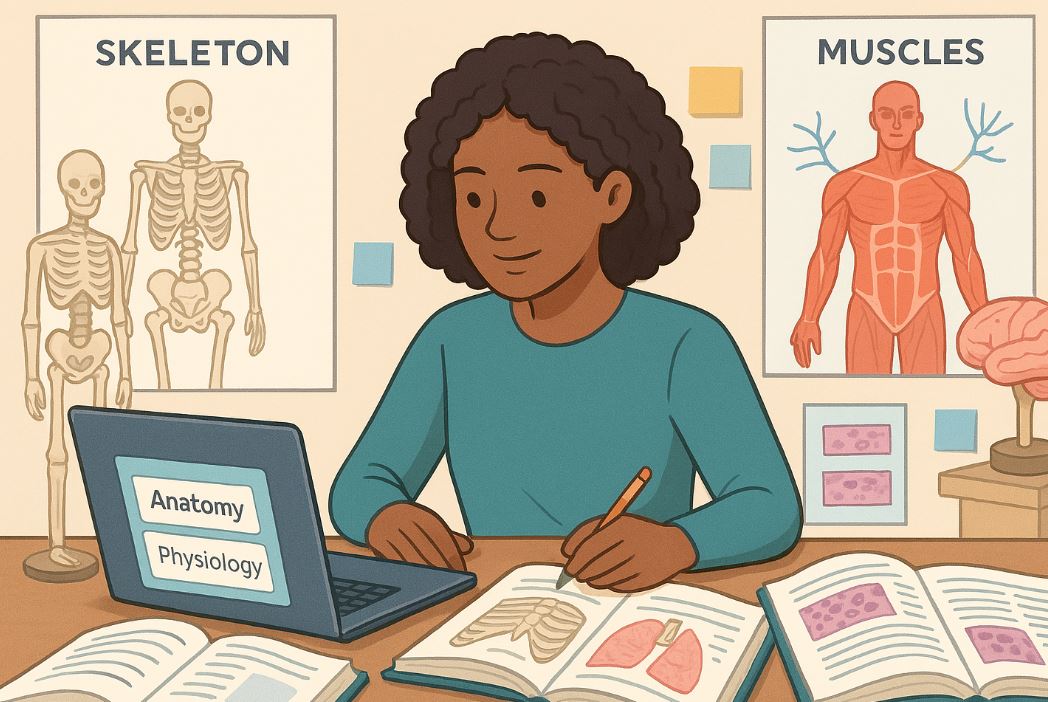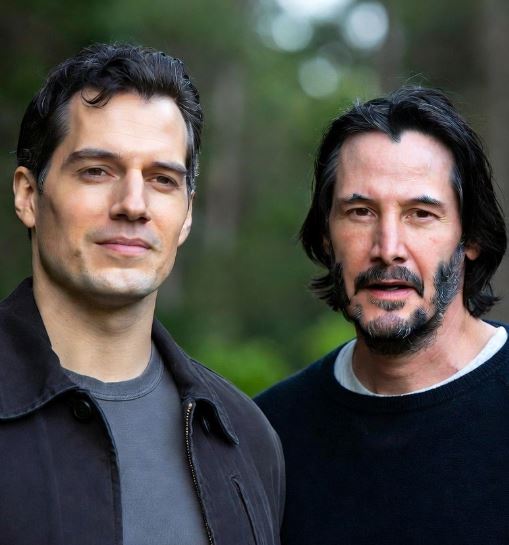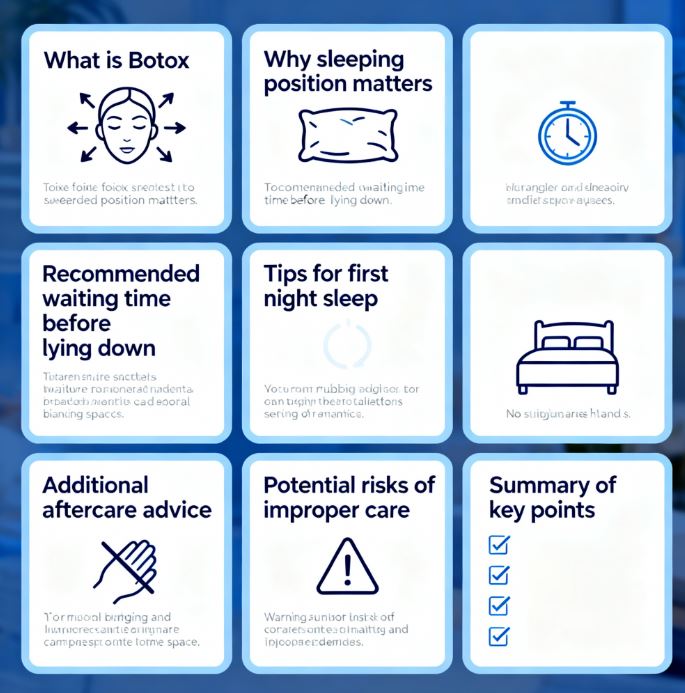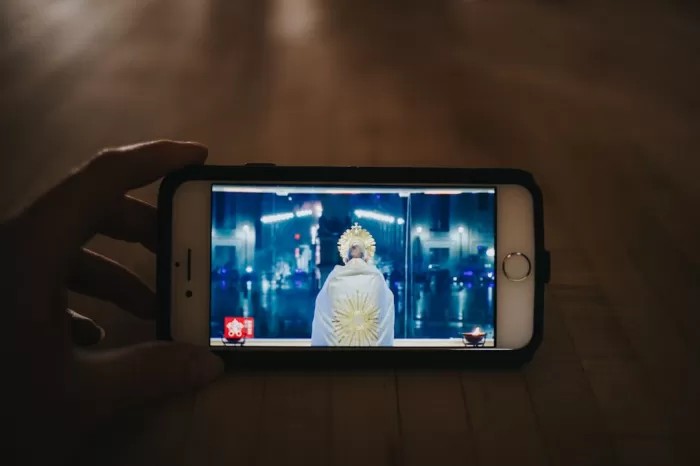Jennifer Lawrence Nude Leak: A Wake-Up Call About Digital Privacy

The Incident
Jennifer Lawrence Nude Leak: A Wake-Up Call About Digital Privacy
In 2014, a significant event occurred that shook the digital world and raised serious concerns about online privacy. The release of private and intimate photos of numerous celebrities, including the award-winning actress Jennifer Lawrence, sent shockwaves through the entertainment industry and beyond.
This incident, often referred to as "The Fappening," involved hackers gaining unauthorized access to iCloud accounts and leaking personal photos of celebrities. Jennifer Lawrence, known for her roles in movies like "The Hunger Games" and "Silver Linings Playbook," was among the most high-profile victims of this breach.
The unauthorized release of these private images not only violated the privacy of the individuals involved but also highlighted the vulnerabilities of storing sensitive data online. It served as a stark reminder of the importance of safeguarding personal information in the digital age.
As a society, it is crucial that we reflect on the implications of such breaches and take proactive measures to protect our digital privacy. Whether it involves securing our online accounts with strong passwords, enabling two-factor authentication, or being cautious about the information we share online, every individual plays a role in enhancing cybersecurity.
Ultimately, the Jennifer Lawrence nude leak serves as a wake-up call for all of us to be more vigilant and proactive in safeguarding our digital identities and personal information.
Impact on Celebrities
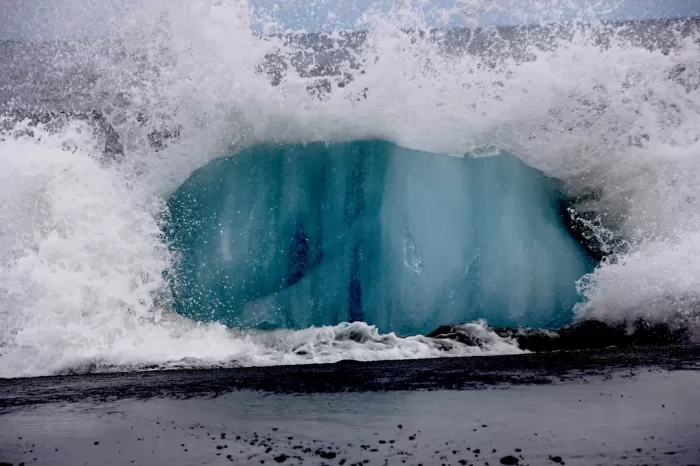
Jennifer Lawrence Nude Leak: A Wake-Up Call About Digital Privacy
The 2014 nude photo leak of Jennifer Lawrence was a stark reminder of the importance of digital privacy in the modern age. The incident involved private photos of the actress being stolen and distributed online without her consent, leading to a widespread discussion about online security and the vulnerability of personal data.
Lessons Learned:
- 1. Secure Your Accounts: Ensure that your online accounts are protected with strong, unique passwords and enable two-factor authentication where possible.
- 2. Think Before You Share: Be cautious about what you post online and think about the potential consequences before sharing personal information or images.
- 3. Awareness of Risks: Understand the risks associated with storing sensitive data on cloud services or devices connected to the internet.
Impact on Celebrities
Celebrities like Jennifer Lawrence are often targets for hackers due to their high profiles and the value of their personal information. The nude leak incident highlighted the unique challenges that public figures face in safeguarding their privacy in an increasingly digital world.
Effects on Celebrities:
- 1. Invasion of Privacy: Celebrities may experience a heightened risk of privacy breaches and unauthorized access to their personal data.
- 2. Mental Health Impact: Dealing with such violations of privacy can take a toll on the mental health and well-being of celebrities, leading to stress and anxiety.
- 3. Legal Ramifications: Celebrities may pursue legal action against perpetrators of privacy breaches to protect their rights and seek justice.
Legal Ramifications
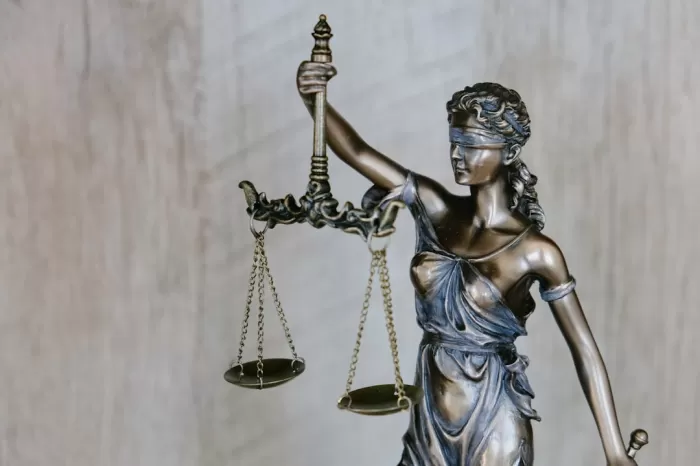
Overview of the Incident
The Jennifer Lawrence nude photo leak in 2014 shocked the world when private photos of the actress were released online without her consent. The incident highlighted the serious issue of digital privacy and the risks of storing sensitive information online.
Legal Ramifications
Leaking someone's private photos without their consent is a violation of their privacy rights and can have serious legal consequences. In the case of Jennifer Lawrence, the hackers responsible for the leak faced charges of computer hacking, wire fraud, and invasion of privacy.
Lessons Learned
This incident serves as a wake-up call for everyone to take their digital privacy seriously. It is important to use strong, unique passwords for online accounts, enable two-factor authentication whenever possible, and be cautious about what information and photos are stored online.
Protecting Your Digital Privacy
Here are some practical tips to help protect your digital privacy:
- Use Strong Passwords: Create complex passwords with a mix of letters, numbers, and special characters.
- Enable Two-Factor Authentication: Add an extra layer of security to your accounts by requiring a verification code in addition to your password.
- Be Mindful of What You Share: Think twice before sharing sensitive information or photos online, as once it's out there, it's hard to control.
- Regularly Update Privacy Settings: Check and adjust the privacy settings on your social media accounts and devices to control who can see your information.
Digital Privacy Awareness
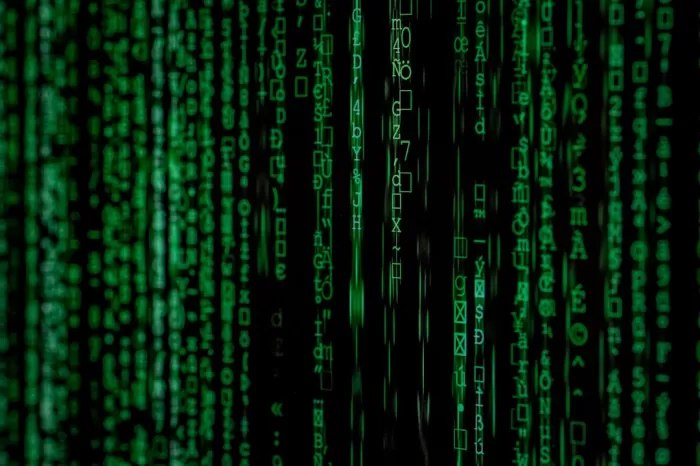
Article Overview
Recently, the nude photos of actress Jennifer Lawrence were leaked online, sparking a crucial conversation about digital privacy.
Importance of Digital Privacy
It's essential to understand the importance of safeguarding our personal information online. The incident with Jennifer Lawrence serves as a wake-up call for all of us.
Protecting Your Data
Here are some practical steps to enhance your digital privacy:
- Strong Passwords: Use complex and unique passwords for each online account.
- Two-Factor Authentication: Enable this feature whenever possible to add an extra layer of security.
- Privacy Settings: Review and adjust the privacy settings on your social media accounts to control who can access your information.
Conclusion
Let's learn from incidents like the Jennifer Lawrence nude leak and take proactive steps to protect our digital privacy.
Cybersecurity Measures

Overview of the Incident
In 2014, a cybercriminal hacked into private iCloud accounts, leading to the unauthorized release of intimate photos of celebrities, including Oscar-winning actress Jennifer Lawrence.
Lesson Learned
This incident served as a stark reminder of the importance of safeguarding our digital privacy. It highlighted the vulnerability of online accounts and the potential risks associated with storing sensitive information in the cloud.
Enhancing Cybersecurity Measures
There are steps that individuals can take to enhance their cybersecurity and protect their personal data:
- Strong Passwords: Create complex passwords that are difficult to guess and change them regularly.
- Two-Factor Authentication: Enable two-factor authentication for an added layer of security.
- Privacy Settings: Review and adjust privacy settings on social media and cloud storage accounts to control who can access your information.
- Be Vigilant: Be cautious about the links you click on and the information you share online to minimize the risk of falling victim to cyberattacks.
Social Media Responsibility
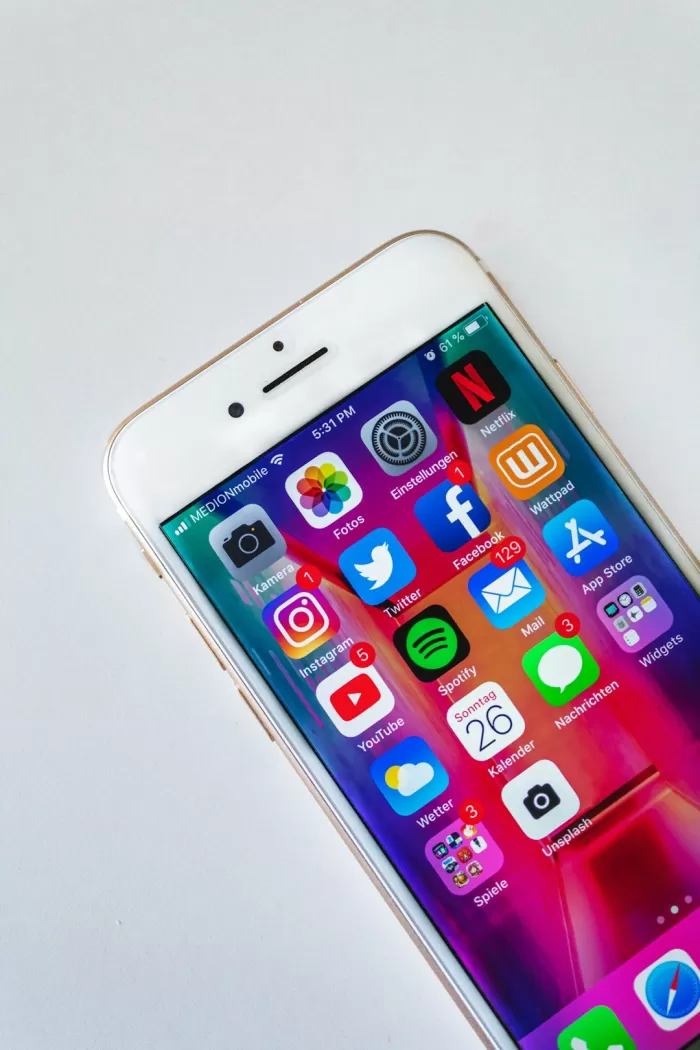
Jennifer Lawrence Nude Leak: A Wake-Up Call About Digital Privacy
The unauthorized release of private photos of Jennifer Lawrence in 2014 was a stark reminder of the importance of digital privacy. In today's digital age, it is crucial to be vigilant about protecting our personal information online.
Instances like the Jennifer Lawrence nude leak highlight the risks associated with storing sensitive data on cloud services or sharing intimate content electronically. It serves as a cautionary tale about the potential consequences of not adequately safeguarding our digital footprint.
As individuals, we must take proactive steps to secure our online accounts, use strong and unique passwords, enable two-factor authentication, and be mindful of the information we share on social media platforms.
Social Media Responsibility
Social media platforms have become integral parts of our daily lives, allowing us to connect with others, share our thoughts and experiences, and stay informed about current events.
However, with this increased connectivity comes the responsibility to use these platforms thoughtfully and ethically. We should be mindful of the content we post, considering its potential impact on ourselves and others.
It is essential to practice good digital hygiene by regularly reviewing our privacy settings, being cautious about accepting friend requests or followers from unknown individuals, and critically evaluating the information we encounter online.
Support for Victims
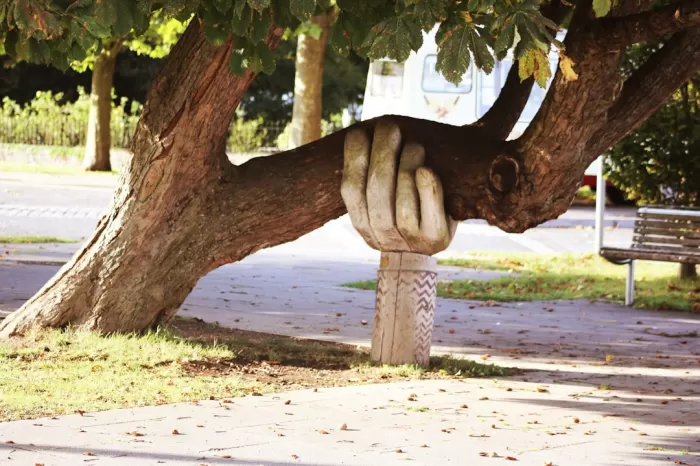
What happened to Jennifer Lawrence?
Jennifer Lawrence, a famous Hollywood actress, fell victim to a cyber attack where private photos of her were stolen and leaked online.
Why is this important?
This incident serves as a stark reminder of the importance of digital privacy and the potential risks of storing sensitive information online.
Support for the victims
It's crucial to stand in solidarity with victims of such violations and advocate for stricter laws and measures to protect individuals' privacy in the digital age.
What can we do?
We can raise awareness about the significance of privacy settings, two-factor authentication, and the potential consequences of sharing personal content online.
- Regularly review and update your privacy settings on social media platforms.
- Enable two-factor authentication for an added layer of security.
- Avoid sharing sensitive information or compromising photos/videos online.
Conclusion
Let's use this unfortunate incident as a wake-up call to take control of our digital footprint and prioritize our online privacy to prevent similar breaches in the future.
Media Ethics

Jennifer Lawrence Nude Leak: A Wake-Up Call About Digital Privacy
The 2014 iCloud hack that led to the leak of private nude photos of celebrities, including Jennifer Lawrence, served as a stark reminder of the importance of digital privacy.
It highlighted the vulnerabilities that come with storing personal information and sensitive data online, whether it's through cloud services or other digital platforms.
Instances like these underscore the need for individuals to be vigilant about how they protect their online accounts, passwords, and the content they choose to share or store digitally.
It's crucial to use strong, unique passwords for each account, enable two-factor authentication where available, and be cautious about what information is shared and stored online.
While the leak itself was a violation of privacy and a breach of ethical standards, it also sparked important conversations about media ethics and the responsibilities of individuals, companies, and the media in safeguarding personal data.
Ultimately, the Jennifer Lawrence nude leak serves as a cautionary tale about the digital age we live in and the importance of taking proactive steps to protect our privacy online.
Media Ethics
Media ethics play a crucial role in how information is gathered, reported, and disseminated to the public.
Journalists and media outlets have a responsibility to uphold ethical standards, including accuracy, fairness, and respect for privacy.
Issues like invasion of privacy, sensationalism, and the spread of misinformation are key considerations in media ethics discussions.
- Accuracy: Ensuring that information is verified and factually correct before publication.
- Privacy: Respecting individuals' rights to privacy and refraining from publishing private information without consent.
- Fairness: Providing balanced and unbiased coverage of events and diverse perspectives on issues.
- Transparency: Being clear about sources, conflicts of interest, and how information was obtained.
By adhering to ethical guidelines, media professionals can maintain credibility, trust, and integrity in their reporting, ultimately serving the public interest.

